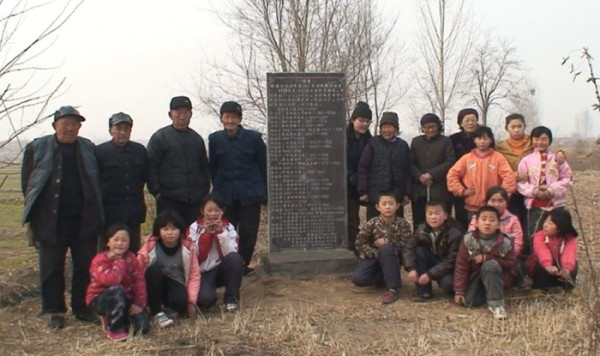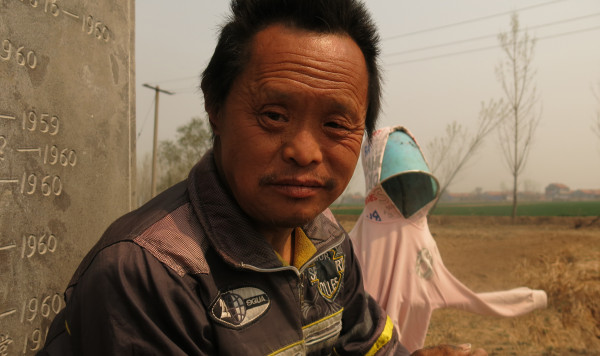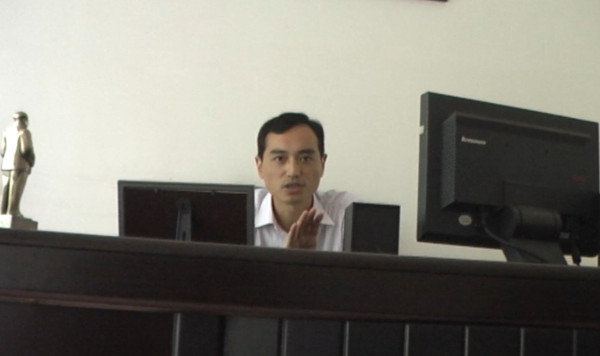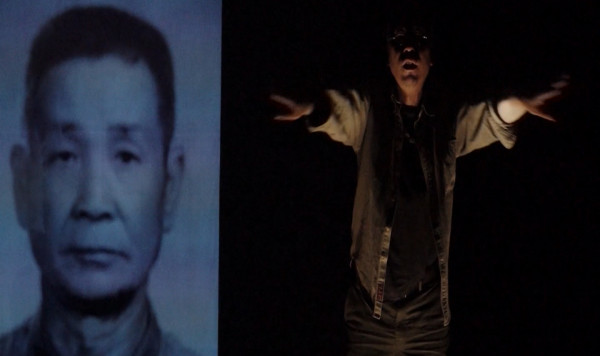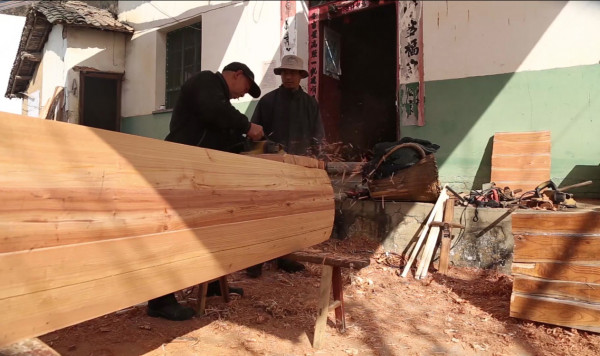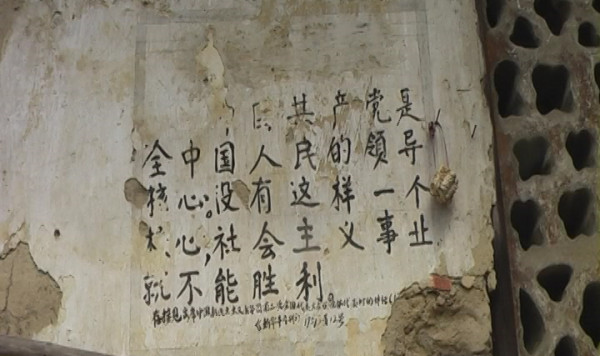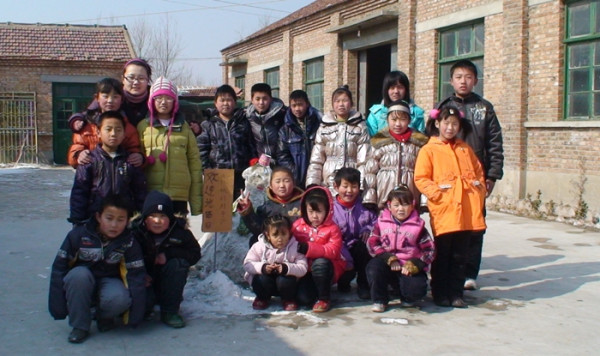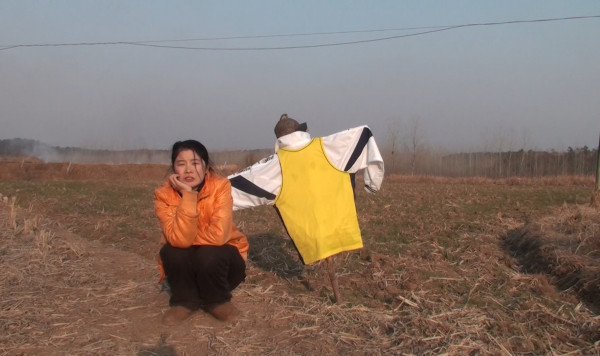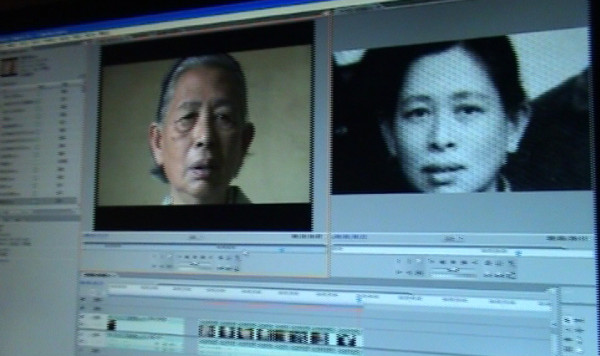當歷史課本裡的事件,進入「我」的生命經驗……。
2010年,有「中國獨立紀錄片之父」之稱的導演吳文光,發起「民間記憶計劃」,鼓勵年輕作者們拿起攝影機回到老家村子,將鏡頭對準老人進行口述訪談,追探1959至1961年被官方稱為「自然災害」的三年大饑荒。
年輕作者的數次探訪,使老人說出曾經不能談、不該談、不願談的悲痛記憶。這些記憶深刻影響了這群年輕的生命,他們帶著積極「行動」的熱情回到村子,面對這段被噤聲的歷史,進行翻攪與記錄。過程中,「我」成為說故事的主人,每一個「我」的觀點和情感,皆有不同風格和關注對象;「我/拍攝者」成為了連結現在與過去的橋樑,也讓這些看似「不完美」的作品,引發更多討論、思辯與感受。
「民間記憶計劃」發展至今,已累積了上千人的口述訪談、逝世者名單、數百萬字的創作田野日誌、完成超過30部紀錄片、五部劇場作品。一點一滴,他們是黑暗歷史中的小小火光,以行動點亮自身與群體,抵抗著被抹滅/遺忘的歷史與記憶。本屆TIDF透過影片放映、作者座談、專題講座、戲劇演出,完整呈獻這個重要計劃!
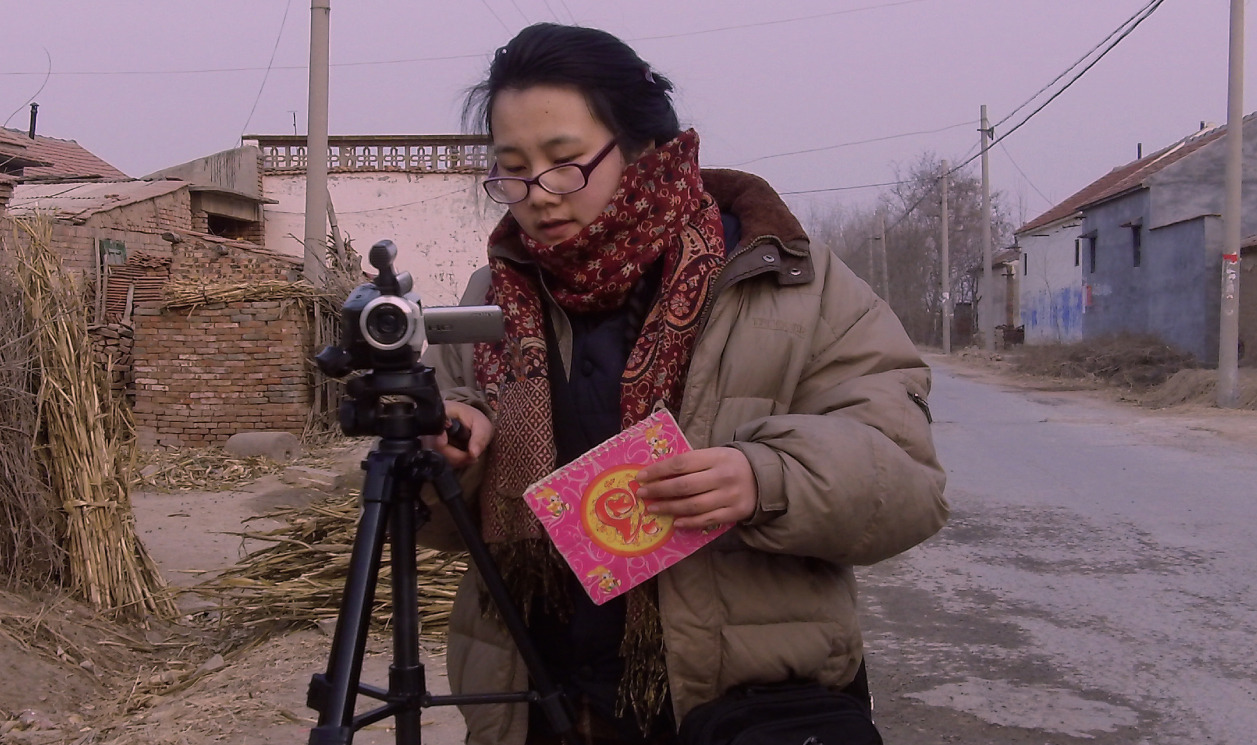
Focus Programme|MY Action: The Folk Memory Project
When an incident in history textbooks comes into ‘my’ life…
In 2010, director WU Wenguang, the ‘father of Chinese independent documentary’, initiated the Folk Memory Project, where he encouraged young filmmakers to return to their home villages with their cameras and film their interviews with the village elders about what the government called the ‘three years of natural disasters’– the Great Famine between 1959 and 1961.
After several visits by the young filmmakers, the elders finally opened up to talk about the painful memories that they could not, should not and were not willing to talk about. The memories left a strong impact on these young lives. As they returned to their villages with enthusiasm to take action, the filmmakers stirred up and documented this silenced history. During the process, ‘I’ became the narrator of the story. Each individual had a different style and focus in accordance with his/her point of view and sentiment. ‘I, the filmmaker’ connected the present to the past, and allowed these ‘imperfect’ films to ignite more discussions, thoughts and emotions.
Since the Folk Memory Project began, they have documented oral interviews of more than a thousand people, collected the names of the deceased and field research diaries of several million words. More than thirty documentary films and five theatre pieces have been completed. Little by little, these tiny flames in the darkness of history light up themselves as well as others with their actions, trying to stop the history and memories from being erased or forgotten. This year, TIDF organised film screenings, Q&A sessions with filmmakers, forums and theatrical performances to fully present this project of great importance.


